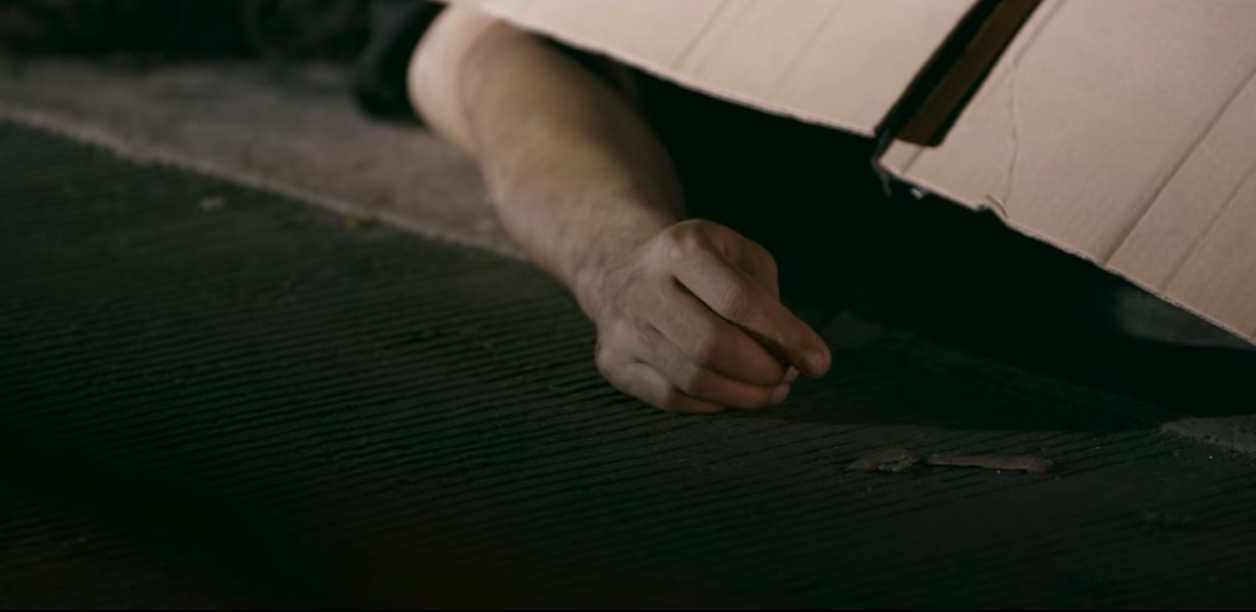Concealing drug war film’s venue says a lot about PH atmosphere of fear

MANILA, Philippines–The decision to keep secret the venue of the latest advance screening of “On the President’s Orders” says a lot about the atmosphere of fear in the country, a human rights advocate said on Wednesday night.
“Haven’t we pondered if our situation today is not normal? The fact that we have to hide, that we have to scrutinize people who would watch the documentary with us, isn’t that unusual?” said Dr. Nymia Simbulan, executive director of the nongovernment Philippine Human Rights Information Center (Philrights).
“That the government is saying that we are free, that democracy exists, but there are doubts, fears, and the conscious decision to be on guard. This proves that there is something wrong with the current government,” Simbulan told reporters gathered in Quezon City.
“On the President’s Orders,” a documentary film directed by Olivier Sarbil and James Jones, tells about the searing story of President Rodrigo Duterte’s bloody war on drugs. It was shown last Friday to around 900 viewers at the University of the Philippines’ Cine Adarna.
A special screening for media members was made Wednesday night, although the organizers requested that the exact venue be withheld.
Nothing to worry about
Philippine National Police (PNP) Spokesperson Brig. Gen. Bernard Banac, however, assured the organizers that there is no cause for alarm.
“Nothing to worry about security, no laws are violated,” Banac told INQUIRER.net on Thursday afternoon.
However, Banac said that should organizers opt for a public screening, then the documentary needs to be reviewed by the Movie and Television Review Classification Board (MTRCB).
“If it is a home or private viewing, or academic discussion, (there is) nothing to worry about. But if it is a public showing, then they need to seek clearance from MTRCB,” he said.
“On the President’s Orders” tackles the drug war issue on two perspectives — from police officers conducting the operations and the relatives of the slain drug suspects. It focuses on a string of events in Caloocan City, one of the hotspots during the height of the anti-drug drive.
Malacañang has previously dismissed the film as nothing but a black propaganda, but Jones asked the Duterte administration and its supporters to try watching it first before making a judgment.
READ: Watch drug war documentary before dismissing it, says filmmaker
Culture of fear
Simbulan said that what started as a “war against the poor” has now become a “war against lives.”
“The so-called war on drugs, the human rights community asserted, is a war against the poor. But we would like to assert that right now, with the experience that we are facing, the war against the poor has leveled up to the war against human rights, to the war against lives,” she noted.
“And that is clearly illustrated by the extent of the violations, the destruction that our people have currently experienced,” she added.
Just recently, an international organization labeled the Philippines as the most dangerous country for environmental activists. Then on Monday, a human rights lawyer tagged as a member of the communist movement escaped an armed attack.
READ: Red-tagged rights lawyer thwarts armed attack
Rose Trajano, secretary general of the Philippine Alliance of Human Rights Advocates, said that the administration’s tactic of “shock-and-awe” — apparently meant to instill a culture of fear — worked wonders for the government.
“That’s the administration’s strategy, shock, and awe. The killings in the context of the drug war came first, but it was actually just a ploy to scare people. Unfortunately, the public was scared,” Trajano said after the film viewing.
“What happened is that people fell silent, only a few were willing to speak up. So, shock and awe were effective in bringing a culture of silence and fear,” she said. “We have to push back and inform the public of the situation.”

Screenshot